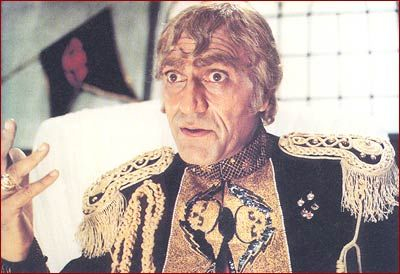Thirsty Pakistan gasps for water solutions
Experts say country is facing a water crisis that could see it run dry in several decades
Sahar Ahmed Karachi Reuters
Friday, Jun. 18, 2010 10:15AM EDT
Pakistan is facing a raging water crisis that if managed poorly could mean Pakistan would run out of water in several decades, experts say, leading to mass starvation and possibly war.
The reliance on a single river basin, one of the most inefficient agricultural systems in world, climate change and a lack of a coherent water policy means that as Pakistans population expands, its ability to feed it is shrinking.
Pakistan faces a raging water crisis,” said Michael Kugelman, program associate for South and Southeast Asia Program at the Woodrow Wilson International Center for Scholars in Washington.
It has some of the lowest per capita water availability in Asia, and in the world as a whole.”
The vast majority – between 90 and 95 per cent – of Pakistans water is used for agriculture, the U.S. undersecretary for democracy and global affairs, Maria Otero, told Reuters. The average use in developing countries is between 70 and 75 per cent.
The remaining trickle is used for drinking water and sanitation for Pakistans 180 million people.
According to Mr. Kugelman, more than 55 million Pakistanis lack access to clean water and 30,000 die each year just in Karachi, Pakistans largest city, from unsafe water.
Of the available water today, 40 percent of it gets used,” Ms. Otero said. The rest is wasted through seepage and other means.”
Ms. Otero was in Islamabad as part of the first meeting of the U.S.-Pakistan Strategic Dialogue Water Working Group.
Pakistans Indus river basin is supplied by melting snow and glaciers from the Himalayas. A recent report in the journal Science by Walter W. Immerzeel of Utrecht University in the Netherlands said the Indus could lose large amounts of its flow because of climate change.
Both India and Pakistan make use of the Indus, with the river managed under a 1960 water treaty. Pakistan has lately begun accusing India of taking more than its fair share from the headwaters by building a number of dams and waging water war against its downstream neighbour. India denies this.
If the current rate of climate change continues and Pakistan continues to rely on the inefficient flood system of irrigation, by 2050, it will be able to feed between 23-29 million fewer people than it can today with approximately double its current population.
The United States hopes to encourage Pakistan to modernize its agricultural system and plant less water-thirsty crops. Ms. Otero said Pakistan and the United States are also exploring ways to improve the storage of water and Pakistan must look at ways to charge more for water as a way of encouraging conservation.
Such measures would likely be unpopular in the desperately poor nation. Measures to reduce subsidies on electricity, as mandated by the International Monetary Fund, amid chronic power shortages have battered the already unsteady civilian government.
Pakistan needs to either pass land reform or a series of laws to govern proper water allocation, Mr. Kugelman said.
If nothing is done, the water crisis will continue, no matter how many canals are repaired or dams constructed,” he said.
